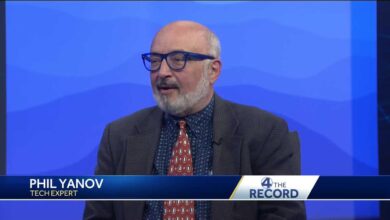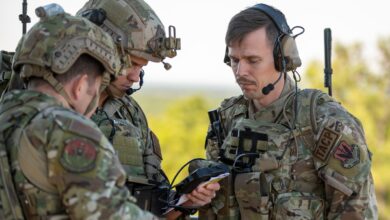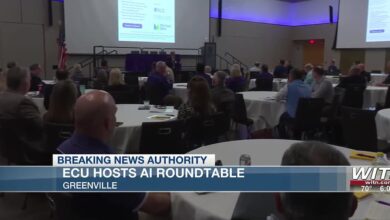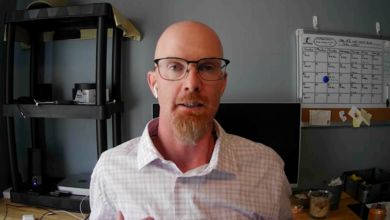Sheryl Crow on Use of Artificial Intelligence in Music: Guest Column
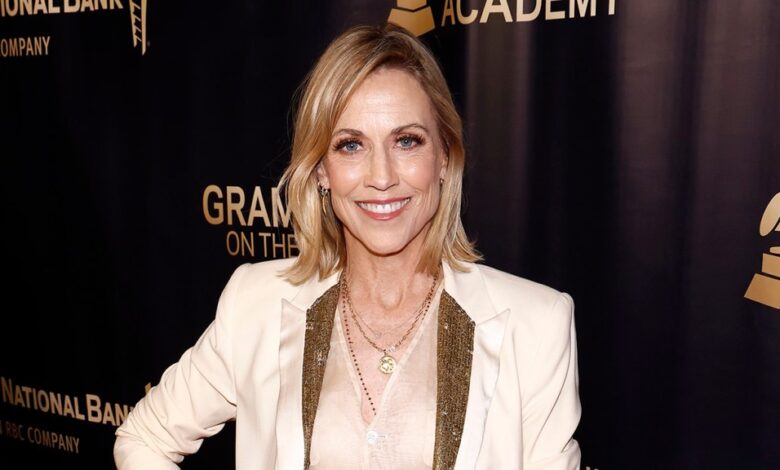
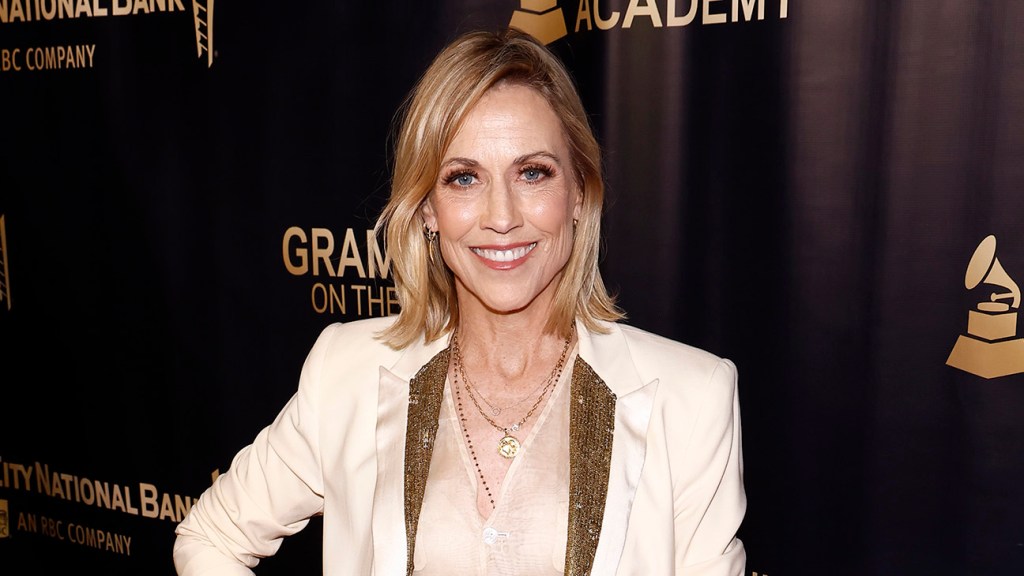
Sheryl Crow attends Grammys On The Hill on April 30, 2024 in Washington, DC.
Paul Morigi/Getty Images
I am not a scientist. I am an artist. I cannot begin to spout scientific data on what we will become once artificial intelligence outsmarts us. I can read the predictions of how our workforce will be replaced by AI. I can read the warnings from Stephen Hawking that go back as far as 1996 that it will not be climate change that will be our undoing but more likely, AI.
But what I can say with certainty is that what we all share as humans all over the planet and what connects us is the human experience made up of emotions that nothing programmed can ever experience. And it is what has documented our existence since the beginning of time in our hieroglyphics, and our paintings and our storytelling, and in our songs.
As humans, “We can create. We can destroy. We can feel pain. We can feel joy. We can plant seeds and watch love grow. We can feel love ‘cause it’s written in the human code.”
This is not science. It is simply a lyric I wrote in a song called “Evolution” after learning of the use of AI to bring back different well-loved artists/entertainers from the dead for what I can only assume was for someone else’s personal gain. It has consumed me with questions about who we will forever be in our humanity as we seize this moment. So much so, that these questions have seeped into my own art.
Yes, I can feel heartened to see that artists in the visual medium have very recently accomplished creating safeguards around protecting their likenesses in film and television. And yes, I do believe our voices and likenesses need to be protected from bad actors using AI to make monetary gains for themselves. But, it is not the money or loss of compensation that I worry about. Yes, it is wrong to manipulate any artist’s likeness, voice, words or art as their own but for me, it is the deception we are giving our approval to by not doing something to keep it from happening.
I recently watched a fascinating TED talk with Mustafa Suleyman, the CEO of Microsoft AI. He said “the journeys of humanity and technology are now deeply intertwined” and cautioned that for all the immense, world changing opportunities that AI presents, we need to build in safeguards to ensure it is used ethically. We should demand this. AI will impact everyone’s lives — songwriters, truck drivers, school teachers, everyone. I’m hopeful that AI will help us solve many of the world’s problems and ease suffering, but we need ethical boundaries in place to help ensure that. Congress needs to act now, and we need to be diligent.
It’s been an eventful week in Washington D.C. on this very topic. On Tuesday, the Senate Judiciary Committee held a hearing on AI and name, image and likeness issues. On Wednesday, GRAMMYs on the Hill continues as dozens of my fellow artists and Recording Academy members are meeting with lawmakers to urge them to protect creators from AI fakes.
I have joined the over 200 artists who have signed an open letter to technology companies by the Artists Rights Alliance entitled “Stop Devaluing Music.” The letter, which was signed by artists as diverse as Rosanne Cash, Sam Smith, Nicki Minaj, Jon Batiste, Kacey Musgraves (and many others), called on “AI developers, technology companies, platforms and digital music services to pledge that they will not develop or deploy AI music-generation technology, content or tools that undermine or replace the human artistry of songwriters and artists or deny us fair compensation for our work.” If you love music, I hope you will stand with the people behind the songs you know and love and ask your representatives in Washington to pass meaningful protections.
I hope you will support us in these efforts, so artists can keep making it for you. It’s what we love doing and it matters in the course of our history as human beings on this planet.
